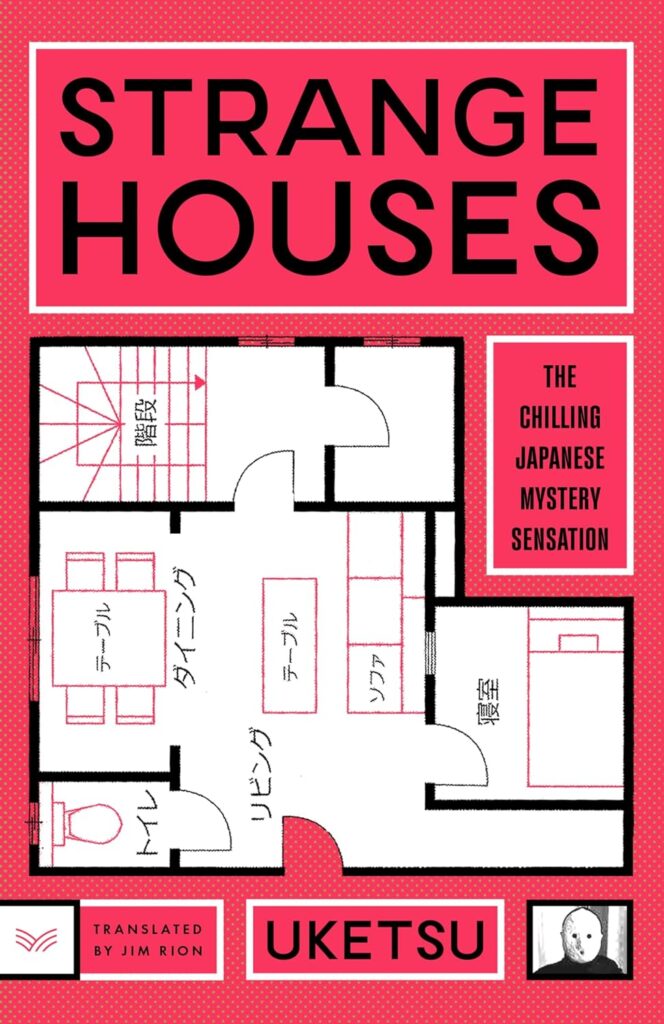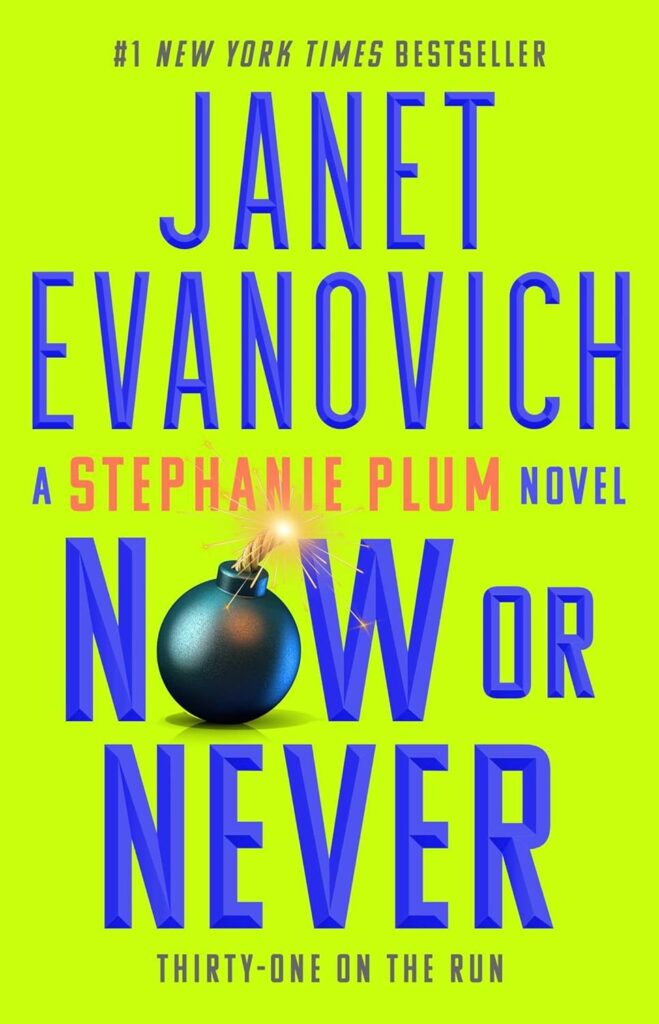Discover our in-depth The Power of Now book review, exploring Eckhart Tolle’s spiritual masterpiece, its themes, insights, and impact. Is it worth reading?
Why The Power of Now Resonates Today
In a world where distractions are endless and stress feels like a constant companion, finding peace can seem like chasing a mirage. Enter The Power of Now: A Guide to Spiritual Enlightenment by Eckhart Tolle, a book that has captivated millions with its promise of inner calm through living fully in the present moment. First published in the late 1990s, this spiritual classic has sold over 16 million copies worldwide and been translated into more than 30 languages, earning endorsements from figures like Oprah Winfrey. But does it live up to the hype? In this The Power of Now book review, I’ll dive into the book’s core ideas, themes, strengths, and weaknesses, sharing personal reflections and insights from other readers to help you decide if this is the transformative read you’ve been searching for.
As someone who’s navigated the chaos of modern life—juggling work, relationships, and the occasional existential crisis—I was drawn to Tolle’s teachings. Could his philosophy of embracing the “Now” really cut through the noise? Let’s explore what makes this book a timeless guide, its unique narrative style, and whether it’s the right fit for your spiritual journey.
Overview of The Power of Now
Plot and Structure
Unlike a novel, The Power of Now doesn’t follow a traditional plot. Instead, it’s a spiritual guide structured as a series of teachings, reflections, and practical exercises. Tolle presents his ideas through a question-and-answer format, addressing common reader queries about mindfulness, ego, and enlightenment. The book is divided into ten chapters, each tackling a specific aspect of living in the present, such as “You Are Not Your Mind” and “The Meaning of Surrender.” This format makes it accessible, allowing readers to dip in and out or read cover to cover.
The “plot,” if you can call it that, is a journey inward. Tolle invites readers to shed their attachment to the past and future, guiding them toward a state of presence he calls the “Now.” There’s no fictional narrative or characters, but the book feels deeply personal, as if Tolle is speaking directly to you, addressing universal human struggles like anxiety, regret, and the search for meaning.
Themes
At its core, The Power of Now is about mindfulness and spiritual awakening. Key themes include:
- Living in the Present Moment: Tolle argues that true peace comes from fully inhabiting the present, free from the burdens of past regrets or future anxieties. He emphasizes that the “Now” is the only reality we have.
- The Ego and the Mind: Tolle describes the ego as a false self created by over-identification with thoughts, emotions, and external circumstances. He teaches readers how to detach from this mental chatter to connect with their deeper essence.
- Surrender and Acceptance: Rather than fighting life’s challenges, Tolle advocates for surrendering to the present moment, accepting it without judgment.
- Spiritual Enlightenment: The book draws from various spiritual traditions, including Buddhism, Christianity, and Taoism, to present enlightenment as a state of being fully present and connected to the “One Life” beyond form.
These themes resonate because they address universal human experiences. Whether you’re spiritual or not, the idea of finding peace amid chaos is universally appealing.
Language and Narrative Style
Tolle’s language is simple yet profound, striking a balance between accessibility and depth. He avoids jargon, making complex spiritual concepts digestible for a broad audience. His tone is calm and conversational, often feeling like a dialogue between teacher and student. The question-and-answer format enhances this, addressing doubts like “How do I stop thinking?” or “What if the present moment is painful?”
Tolle peppers the text with metaphors and analogies, such as comparing the mind to a stormy sea or the ego to a shadow self. These vivid images make abstract ideas tangible. For example, he writes, “The mind is a superb instrument if used rightly. Used wrongly, however, it becomes very destructive.” This clarity helps readers grasp his teachings without feeling overwhelmed.
However, the language can feel repetitive at times, as Tolle revisits core ideas like presence and ego across chapters. For some, this reinforces the message; for others, it may feel redundant. Still, his direct, unpretentious style makes The Power of Now approachable, even for those new to spirituality.
Personal Analysis and Reflections
What I Loved About The Power of Now
Reading The Power of Now felt like a wake-up call. Tolle’s central message—that most of our suffering stems from living in the past or future—hit home. I often catch myself ruminating over past mistakes or worrying about what’s next, and Tolle’s insistence that “the present moment is all you ever have” was a powerful reminder to refocus. His practical exercises, like observing your thoughts without judgment or focusing on your breath, were surprisingly effective. I tried the “watching the thinker” technique—where you observe your thoughts as if they’re clouds passing by—and found it helped me detach from anxious spirals.
One of the book’s greatest strengths is its universal appeal. You don’t need to be religious or spiritual to benefit from Tolle’s teachings. His ideas transcend dogma, blending insights from Zen Buddhism, Christian mysticism, and other traditions into a cohesive philosophy. For instance, his concept of “Being” as the eternal essence beyond our physical form felt both profound and practical, encouraging me to see myself as more than my thoughts or circumstances.
Tolle’s emphasis on surrender also resonated deeply. In a culture obsessed with control, his call to accept the present moment as it is—without resistance—felt liberating. He writes, “Accept—then act. Whatever the present moment contains, accept it as if you had chosen it.” This mindset shift helped me approach challenges, like a stressful work deadline, with less frustration and more clarity.
Challenges and Weaknesses
While The Power of Now is transformative, it’s not without flaws. For one, Tolle’s ideas can feel abstract, especially for readers seeking concrete solutions. He advises letting go of the ego, but the process can feel elusive—how exactly do you stop identifying with your thoughts? The book offers exercises, but they require consistent practice, and some readers may struggle without more detailed guidance.
Another critique is the book’s spiritual tone, which may not click for everyone. Tolle’s references to “Being” and the “One Life” can feel esoteric, potentially alienating skeptics or those grounded in practical self-help. I occasionally found myself wishing for more real-world examples to anchor his concepts, as the book leans heavily on philosophical discussions.
The repetitive nature of the text also stood out. While repetition can reinforce learning, it sometimes felt like Tolle was circling the same ideas without adding new insights. For readers who prefer fast-paced, action-oriented books, this could be a drawback.
How It Changed My Perspective
Reading The Power of Now shifted how I view time and my place in it. I used to see the present as a fleeting moment, sandwiched between a heavy past and an uncertain future. Tolle’s teachings helped me see the “Now” as expansive—a space where I can find peace regardless of external chaos. His idea that “you are not your mind” was particularly freeing, as it allowed me to step back from negative thought patterns and approach life with more curiosity and less judgment.
The book also made me reflect on my relationship with control. Like many, I often try to micromanage outcomes, which leads to stress. Tolle’s concept of surrender doesn’t mean giving up but accepting what is before taking action. This perspective has made me more resilient, whether dealing with a tough day or a bigger life challenge.
Strengths of The Power of Now
- Universal Relevance: The book speaks to anyone seeking peace, regardless of their spiritual background. Its principles apply to everyday struggles like stress, relationships, or self-doubt.
- Practical Exercises: Tolle includes actionable techniques, like mindfulness practices and breath awareness, that readers can apply immediately.
- Clear, Accessible Language: The straightforward prose and Q&A format make complex ideas approachable.
- Timeless Wisdom: Drawing from multiple spiritual traditions, the book feels both ancient and modern, offering insights that remain relevant decades after its release.
- Inspirational Quotes: Passages like “Realize deeply that the present moment is all you ever have. Make the Now the primary focus of your life” are both memorable and motivating.
Weaknesses of The Power of Now
- Abstract Concepts: Some ideas, like dissolving the ego, can feel vague without more concrete examples.
- Repetition: The book revisits similar themes, which may frustrate readers looking for variety.
- Spiritual Tone: The mystical language may not resonate with readers who prefer practical, secular self-help.
- Lack of Narrative: Without a story or characters, the book may feel dry for those who enjoy narrative-driven nonfiction.
Reader Impressions from Amazon and Goodreads
To get a broader sense of The Power of Now’s impact, I looked at reviews on Amazon and Goodreads. The book has a 4.5-star average on Amazon from over 36,000 reviews and a 4.1-star rating on Goodreads from nearly 300,000 reviews, reflecting its widespread appeal. Here’s what readers are saying:
- Positive Feedback: A Goodreads user named Sarah wrote, “This book changed how I see life. I used to be consumed by worry, but Tolle’s exercises helped me find calm in the moment. It’s not easy, but it’s worth it.” On Amazon, a reviewer called John said, “Tolle’s voice in the audiobook is soothing, and his teachings are profound. I listen to it whenever I need grounding.”
- Critical Feedback: Not all reviews were glowing. A Goodreads user, Mike, noted, “I found it repetitive and too spiritual for my taste. I wanted more practical tips and less philosophy.” An Amazon reviewer echoed this, saying, “The ideas are great, but it’s hard to apply them without more guidance. It felt like the same point over and over.”
These reviews highlight the book’s polarizing nature: for many, it’s life-changing, but others find it abstract or repetitive. Still, the overwhelmingly positive response suggests it resonates deeply with those open to its message.
Why You Should Read The Power of Now
If you’re feeling overwhelmed by life’s demands or searching for a deeper sense of purpose, The Power of Now is a must-read. Its teachings offer a roadmap to inner peace, helping you break free from the mental traps that fuel stress and dissatisfaction. Whether you’re new to mindfulness or a seasoned spiritual seeker, Tolle’s insights are both accessible and profound, making this book a valuable addition to your personal growth library.
The audiobook, narrated by Tolle himself, is particularly compelling. His calm, deliberate voice enhances the meditative quality of the text, making it perfect for those who prefer listening over reading. Available on platforms like Audible, it’s an immersive way to absorb his teachings during a commute or quiet evening.
Don’t let the spiritual tone deter you—this book’s practical exercises and universal wisdom make it relevant for anyone. As Tolle writes, “The moment you start watching the thinker, a higher level of consciousness becomes activated.” Why not start that journey today? Pick up The Power of Now and discover how living in the present can transform your life.
Is The Power of Now Worth Your Time?
In this The Power of Now book review, we’ve explored Eckhart Tolle’s spiritual masterpiece, from its core themes of presence and ego dissolution to its strengths and weaknesses. The book’s accessible language, practical exercises, and universal appeal make it a powerful tool for anyone seeking peace in a chaotic world. While its abstract concepts and repetitive style may not resonate with everyone, its impact is undeniable—millions have found clarity and calm through its pages.
For me, The Power of Now was a reminder that happiness isn’t found in chasing the future or dwelling on the past but in embracing the present moment. Its teachings aren’t a quick fix but a lifelong practice, offering tools to navigate life’s ups and downs with grace. If you’re ready to explore mindfulness and transform your relationship with time, this book is a worthy guide.
Ready to experience the power of the present? Grab a copy of The Power of Now today—whether in paperback, eBook, or audiobook—and start your journey toward spiritual enlightenment. You might just find that the “Now” is more powerful than you ever imagined.
“Enjoyed this review? Discover more in our Health Reviews section.”





